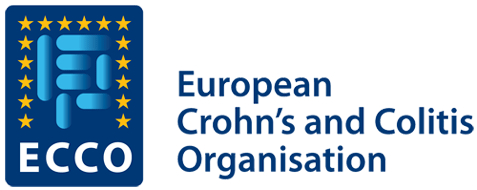Our August Paper of the Month looks at the first study to report normative data for the LARS Score.
Ann Surg. 2018 Mar 28. doi: 10.1097/SLA.0000000000002750.
Commentary
What is known on the subject?
The LARS Score is a 5-item scoring tool, measuring bowel dysfunction after restorative surgery for rectal cancer. The score has been validated, evaluated or used as an outcome measure in more than 30 published scientific papers since 2012. However, many patients with rectal cancer present with bowel symptoms similar to those included in the definition of LARS and these pretreatment symptoms could reflect disease and/or the patient’s normal bowel function.
What this study adds?
This is the first study to report normative data for the LARS Score and the results are very informative. Indeed, the authors report that in the age group 50-79 years, relevant for most rectal cancer studies, 19% of the females and 10% of the males scored ≥ 30 points corresponding to ‘major LARS’. Female sex and comorbidity were both independant factors associated with major LARS. These results suggest that some patients with rectal cancer, especially women and patients with comorbidity, are already affected by bowel dysfunction before developing cancer. These patients are likely to have adapted to a life with bowel dysfunction and may not feel as severely affected as patients without any bowel dysfunction before the rectal cancer diagnosis.
Implications for colorectal practice?
First, normative data for the LARS score should be considered when interpreting LARS Score results in scientific studies of bowel dysfunction after rectal cancer.
Secondly, in our daily practice, taking into account that bowel dysfunction and alteration of the quality of life are the main limits of restorative surgery after TME, all surgeons performing TME should consider a bowel rehabilitation programme for their patients. This paper underlines that the goal of this rehabilitation should not be the same for all patients but have to be discussed and individualized according to the patient’s bowel function before rectal cancer.








